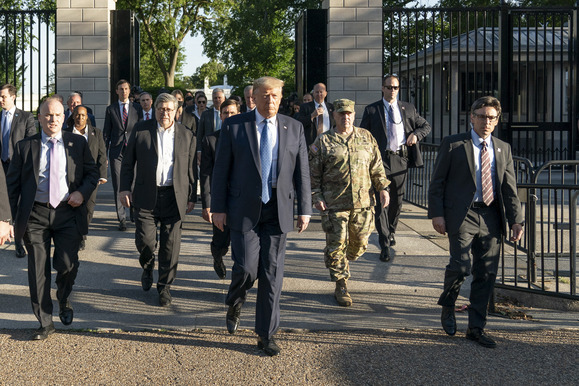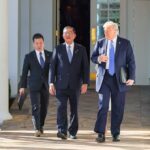Pakistan has publicly endorsed former US President Donald Trump for the 2026 Nobel Peace Prize, crediting his efforts in defusing the recent surge in tensions between Islamabad and New Delhi. The endorsement was announced through an official post on X (formerly Twitter), in which Pakistani authorities hailed Trump’s “decisive diplomatic intervention” and “pivotal leadership” that they claim helped prevent further escalation in the South Asian crisis.
This endorsement followed Trump’s own comments on Friday, in which he asserted that he was deserving of the prestigious accolade for a variety of peace initiatives — including mediating tensions between India and Pakistan and reportedly facilitating a peace deal between the Democratic Republic of the Congo and Rwanda, which he claimed would be formally signed on 23 June. “I should have gotten it four or five times,” Trump told reporters. “They won’t give me a Nobel Peace Prize because they only give it to liberals.”
India Rejects Trump’s Mediation Narrative
India, however, has unequivocally rejected Trump’s repeated assertions of having played a mediating role between the two nuclear-armed neighbours. Officials in New Delhi have dismissed the claim, insisting that no external influence contributed to the de-escalation.
India’s Foreign Secretary Vikram Misri stated that during a 35-minute phone call on 18 June, Prime Minister Narendra Modi firmly conveyed to Trump India’s unwavering position against third-party mediation on issues involving Pakistan. Modi reportedly told Trump that the ceasefire agreement reached on 10 May was the result of direct military dialogue initiated by Islamabad — with no role played by the United States.
Nobel Nomination Strategy Tied to Munir-Trump Meeting
The endorsement has sparked speculation about the timing and motivation behind it, especially given Pakistan’s Army Chief General Asim Munir’s recent meeting with Trump at the White House. Analysts suggest that the idea of a Nobel Peace Prize nomination may have been floated during the visit — possibly as part of a calculated diplomatic gesture from Islamabad aimed at currying favour with Trump ahead of the 2024 US elections.
While the chances of Trump actually securing the award remain uncertain, the move aligns well with his longstanding branding as a master negotiator and global peace broker — a cornerstone of his campaign narrative.
Eligibility Questions Surrounding the Nomination
There is, however, a procedural caveat. General Asim Munir, as a serving military officer, is not qualified under the official rules to submit a valid nomination for the Nobel Peace Prize. The Norwegian Nobel Committee only accepts nominations from specific categories of individuals, such as heads of state, national legislators, certain university professors, and past laureates.
Nonetheless, Pakistan’s move appears to be more symbolic than procedural. By publicly backing Trump, Islamabad is signalling diplomatic warmth while feeding into Trump’s preferred image as an international dealmaker. It also marks a subtle shift in Pakistan’s outreach to the US amid changing geopolitical dynamics.
As per Nobel Committee protocol, the organization neither confirms nor comments on nominations. All records and nomination details remain sealed for 50 years, making it impossible to verify claims in the short term.






